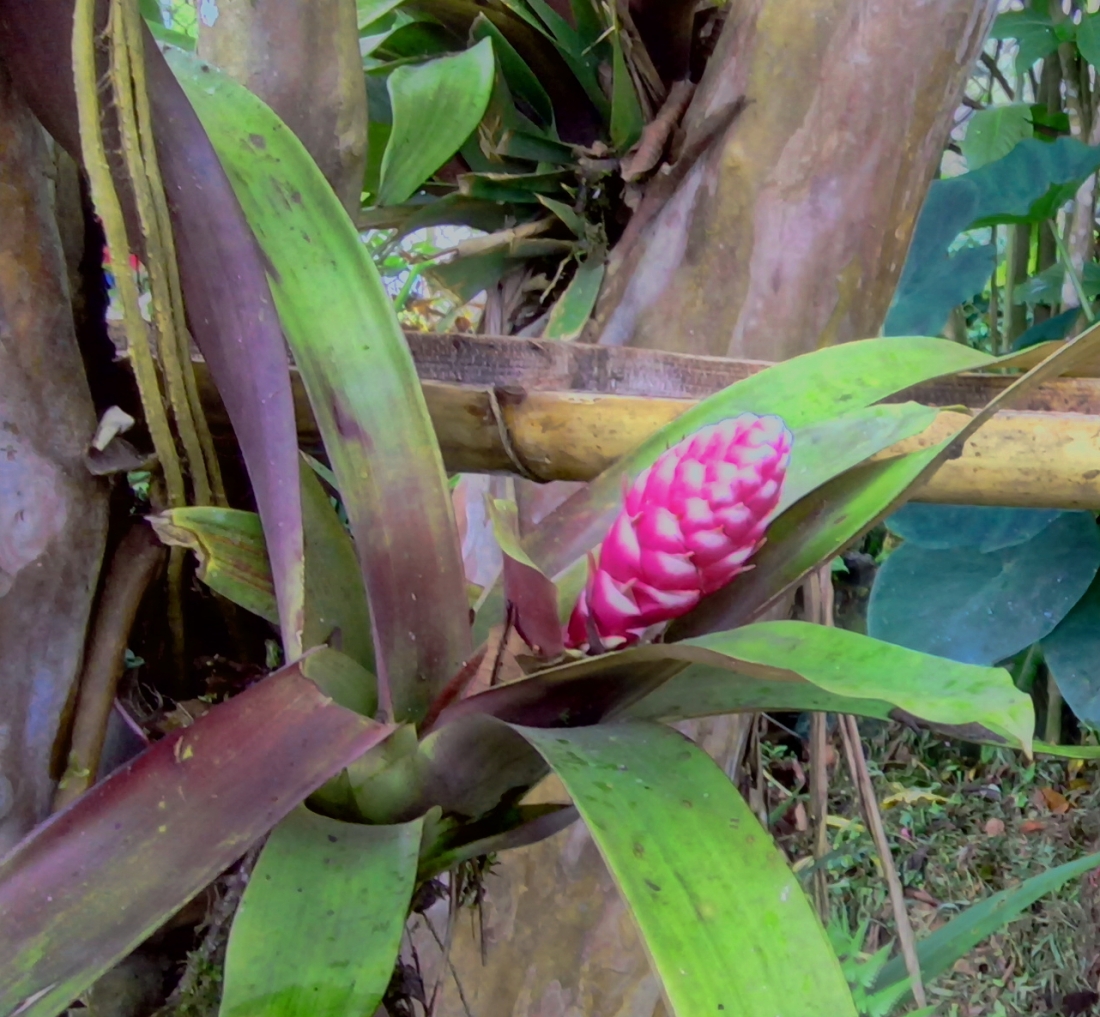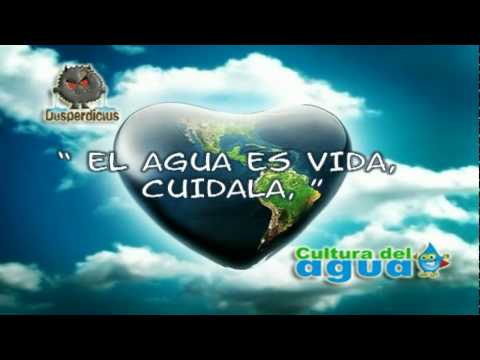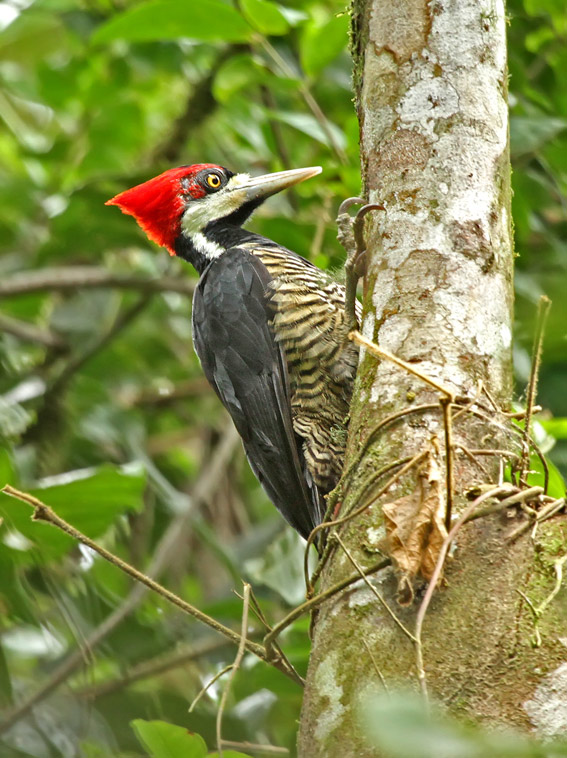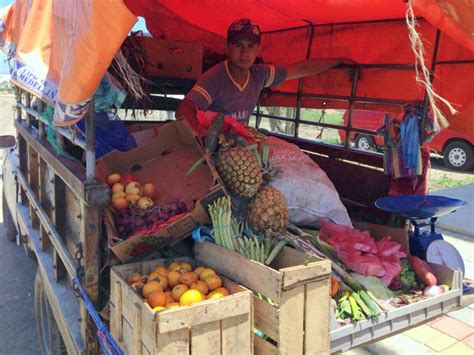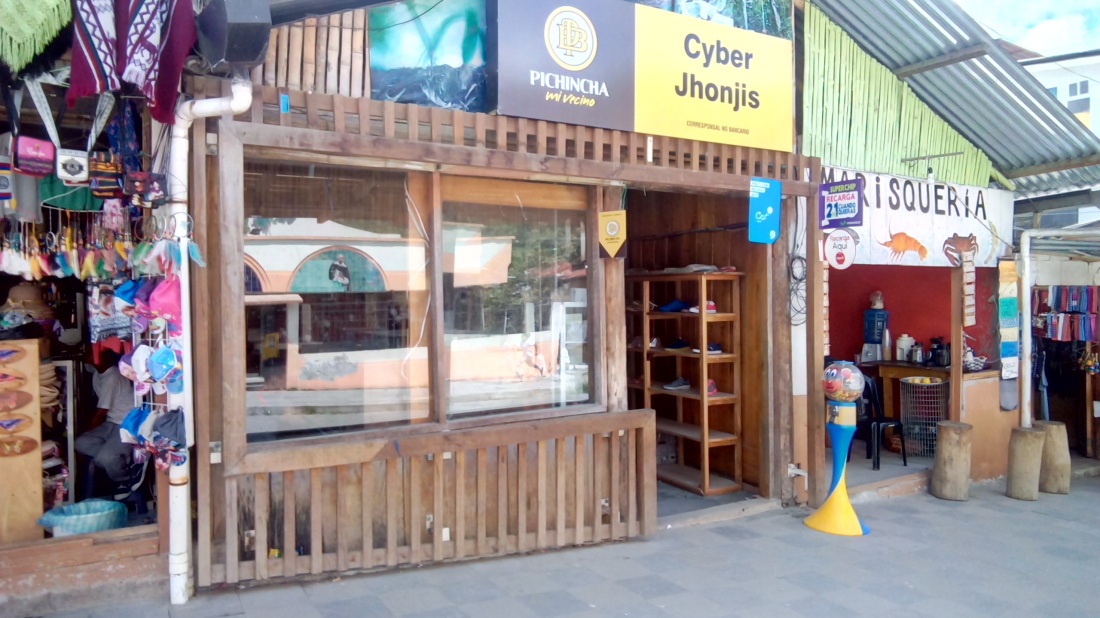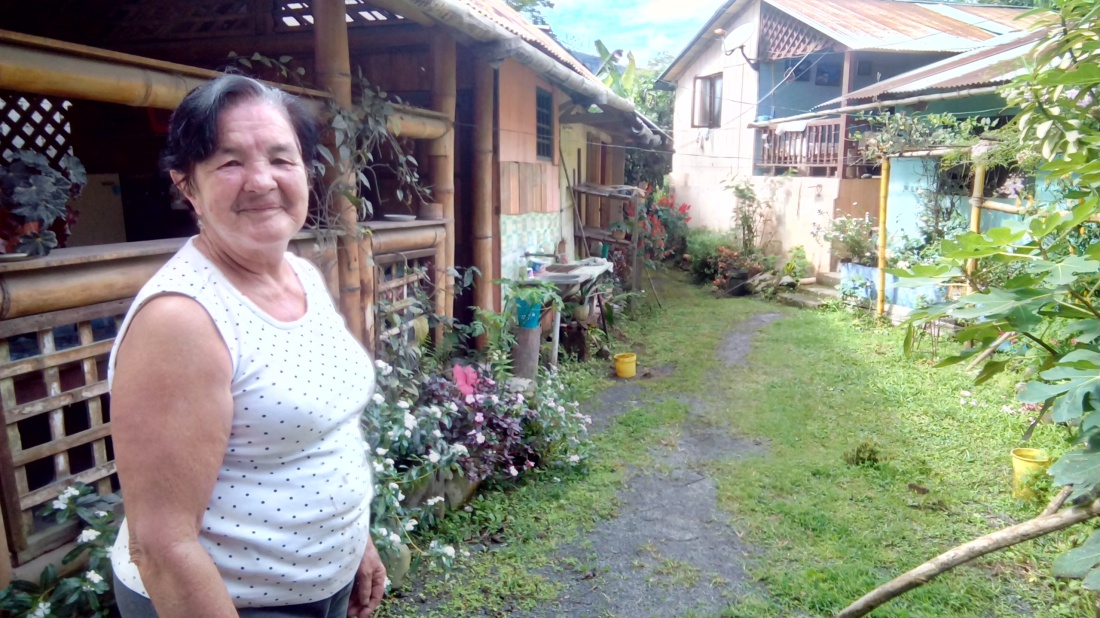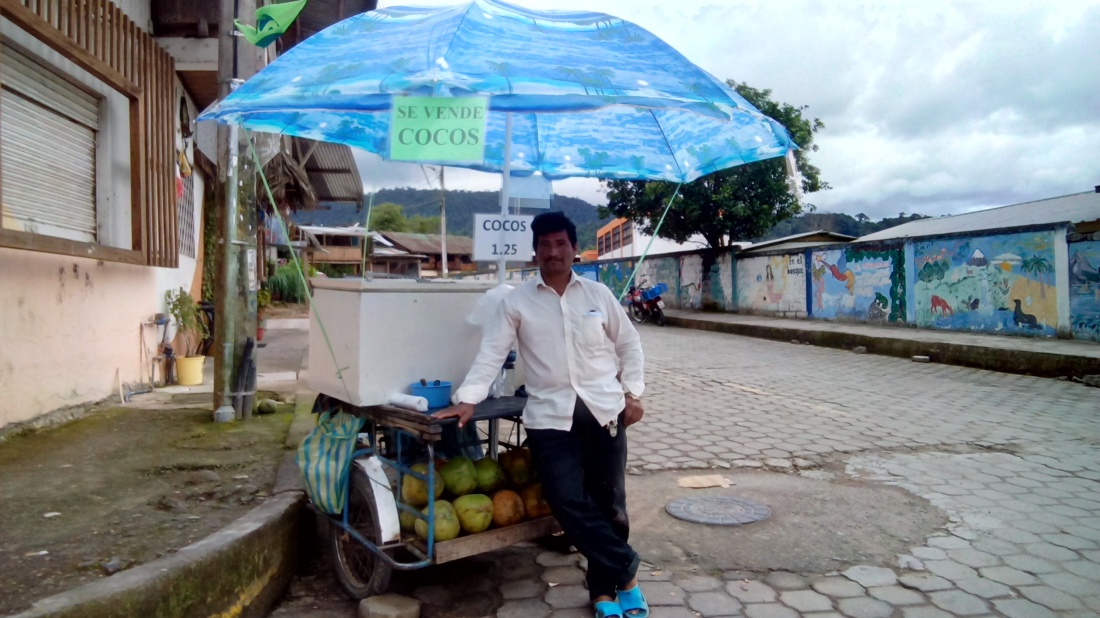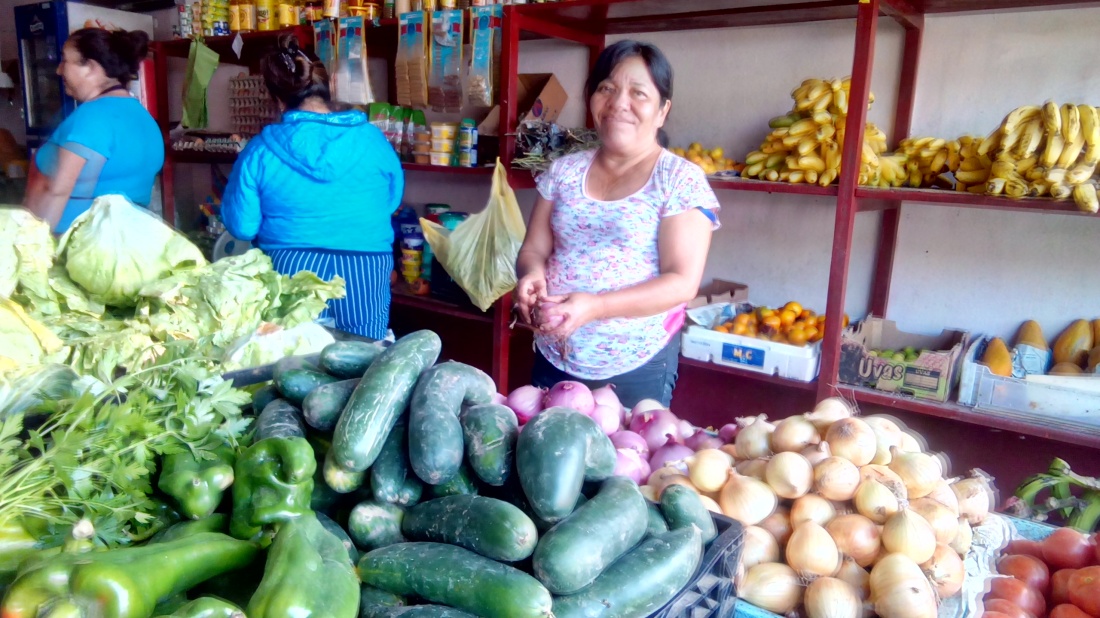This little bird, I think this is the one, (picture from http://www.mindomadness.com)is tiny and plain looking, hops along the ground and sings so loudly that I had to get up early to go see what spectacular being had arrived in my yard. Small, plain and ground hopping, with a gigantic song. The sun is shining, more flowers blooming, including this orchid with the fuzzy face. Sitting on my sofa with my morning coffee, looking up at the hummingbird feeder, I see the bellies and little tiny feet of the hummingbirds. The news from the EEUU is sad, to say the least, so I go resolutely back to being entranced by the beauty of nature.
You may have surmised that my adventures are taking place in Spanish. And no, I am not fluent and most likely never will be. But I get along, mostly because Ecuadorians are so very willing to understand and wouldn’t admit it if they didn’t.
I also am guilty of not owning up when I don’t understand. Sometimes we talk and talk and neither knows what the other is saying, beyond a few nouns which serve as a hint for the topic. My policy during business transactions is to say back to the person what I think they just said, but during personal conversations I say something general on the topic. I assume that since my Spanish makes sense to me, he must be understanding me, and he assumes his Spanish is perfectly clear to me. If we meet again we will be able to have the same conversation again, and we can pretend again, too.
My Spanish is fast enough, as there is still a small child within me who, having lived and gone to school in Mexico sixty years ago, is sure she can just open her mouth and speak. So I do. I can say almost anything (with the advice of my 6th grade teacher always echoing in my ears, “if you don’t know the word, circumlocute!”) but I arrive at the end of almost every sentence realizing that I’m in the wrong gender, or I’m no longer in the same tense, I forgot the objects and direct objects, or I’m talking about someone else when I meant to be talking about myself.
Everyone has stories about embarrassing mistakes, like using embarrazado for embarrassed when it means pregnant, or using coger (to take) “please coger me” to the taxi driver, which is sexual. I have heard my friends use “sigua erecto” continue erect, to the taxi driver, instead of “sigua directo”, continue direct…I think he must be chuckling to himself, unless Quichua is his first language and he doesn’t know either, but he politely tells her that her Spanish is excellent. There are some words in Spanish I avoid in case my tongue gets tangled. Cajones=drawers, Cojones= testicles.
At the beach in Spain some years ago I watched a big wave come in behind a group of ladies and shouted “Watch out. A giant grape is coming.” Uvo=grape. Ola=wave. That’s my dyslexia at work, and why I’ll never be fluent. I may not be fluent in English, either. Once, when I was just 19 I went to Thanksgiving dinner at the house of a boyfriend, and, noticing I was missing a fork, I asked, into the silence along the banquet table of these good churchgoing folk, “Please will you pass me a f—ck?”
I have a Cuban neighbor who is very helpful about fixing things and is tall, and has tools, and a machete, very useful attributes in a helpful man. I don’t understand anything he says. He is well educated and cultured and I can tell he is saying interesting things because he is enjoying himself, but he gives up and turns away because my face is utterly blank. Cuban Spanish is staccato, very fast, has an entirely different rhythm and does not occur to me as a language I know. I don’t understand when Cubans speak English either. At the Miami airport after an overnight flight, I don’t understand anyone. But I’m starting to get it. My brain has to speed up and process differently, the same as it had to slow way way down one time in Tennessee when a man took three whole minutes to start answering a question.
I’m very interested in how languaging reflects culture. And of course, I’m hard at work all the time trying to understand and adapt to both the language and the culture. Manguera is a word I could not understand. Plumber after plumber talked about broken mangueras and new mangueras and replacing mangueras. I learn most words by context or by asking what they mean and getting told in Spanish. But I could not understand this one and had to look it up. It means, “hose” and it was beyond my cultural understanding to think that the city water pipes were small water hoses.
Since English is not a gendered language, I’m always musing on why various nouns might be considered either masculine or feminine. I think it would be fascinating to study the difference in how languages gender things and relate that to history and culture. But when I speak Spanish, I cannot remember the genders. No, don’t tell me it’s easy because the masculines end in “o” and the feminines end in “a.” I can’t remember how each noun ends. Yesterday I looked at the personable young municipal water worker, with a guilty look on his face because he had broken into my yard to repair the manguera again, listened to his explanation that my landlady gave him permission, and said, “That’s a good bill.” I meant to stay story. “That’s a good story.” Cuenta=bill, cuento=story.
Recently I was listening to a love-gone- wrong kind of song in Spanish. It had a repeated phrase, “hecho por la pulpa.” Boy did I go off track on that. I thought pulpa was octopus. I thought how wonderful to use octopus as a stand-in for the murky depths of unconscious motivation out of which relationship-breaking misdeeds arise. My son had been telling me about a captive octopus who is very smart, determined and curious, who can escape his aquarium and squirt ink at the breaker switch to put out the lights in the laboratory and get into the aquariums of other captives as well.
I thought, wow there must be a saying in Latin America, “the octopus did it.” But no. pulpo is an octopus. Pulpa is pulp, flesh, soul.
I think there should be such a saying, “the octopus did it” and if I use it you’ll know what I mean.
